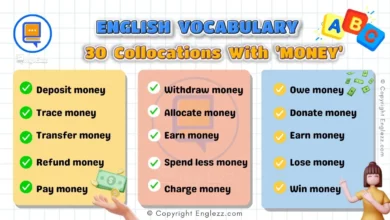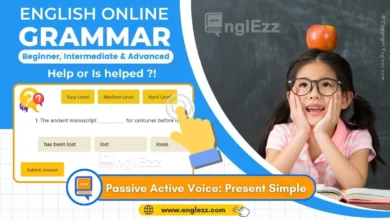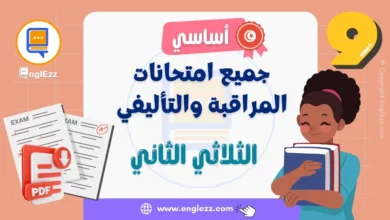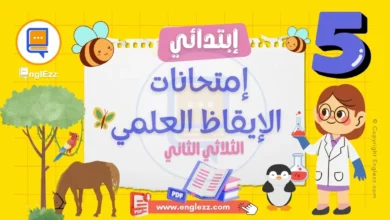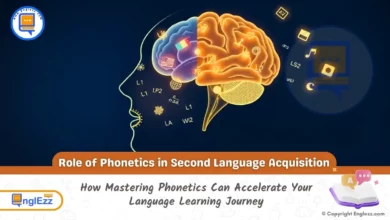In a world where textbooks have long been the pillars of education, a new wave of innovation is rewriting the narrative. Generative AI, with its boundless capabilities, is heralding a revolution in educational content creation. From personalized learning experiences to streamlined content development, Generative AI is not just reshaping educational content; it’s redefining the very essence of how we learn and teach.
As educators seek to inspire minds, EdTech professionals strive for effective tools, and students yearn for engaging resources, the impact of Generative AI resonates far beyond traditional boundaries.
Table of Contents
- Beyond Textbooks: The Future of Educational Content with Generative AI
- Enhanced Personalization
- Content Creation Efficiency
- Interactive Learning Experiences: The Future of Educational Content with Generative AI
- Language Translation & Accessibility
- Data Analytics for Personalized Feedback
- Ethical considerations with Generative AI
- Future Prospects: Pioneering Innovations in Educational Technology with Generative AI
Beyond Textbooks: The Future of Educational Content with Generative AI
Engaging in this transformative journey are not just educators and EdTech professionals but also students eager to embrace cutting-edge advancements and parents envisioning an enriched learning environment for their children. The fusion of human expertise with machine intelligence paves the way for a future where educational content transcends conventional constraints.
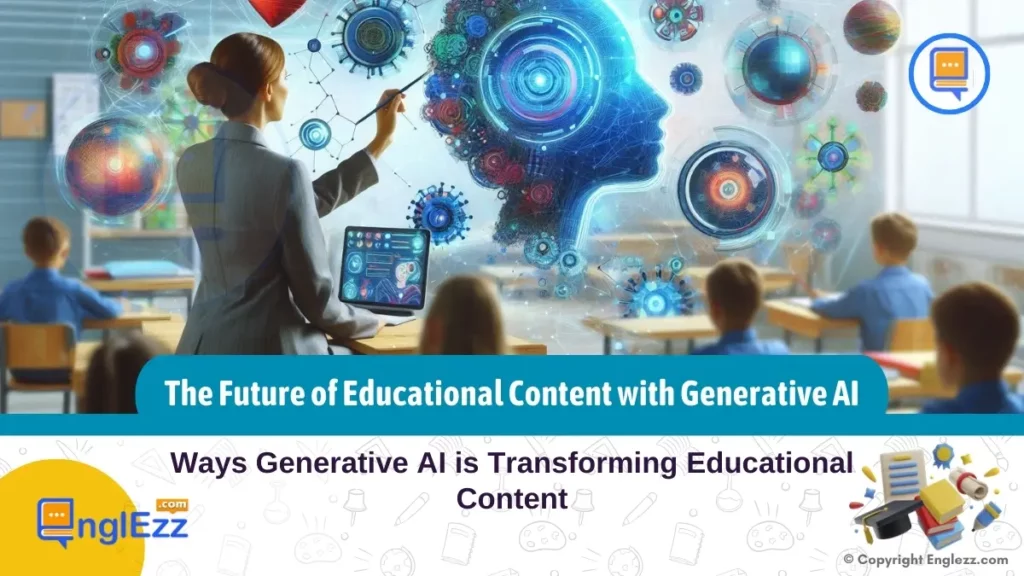
Through personalized quizzes tailored to individual needs, interactive simulations that foster experiential learning, and seamless language translation ensuring inclusivity, Generative AI stands at the forefront of a paradigm shift in education – one that empowers learners to navigate an ever-evolving landscape with curiosity and confidence. Join us as we unravel the seven ways Generative AI is revolutionizing educational content and embark on a journey into the uncharted territories of limitless learning possibilities.
Enhanced Personalization
Generative AI is revolutionizing the educational landscape by offering personalized learning experiences tailored to each student’s unique needs. Through advanced algorithms, Generative AI analyzes individual learning styles, preferences, and progress to create customized learning materials. By catering to specific strengths and areas for improvement, this technology ensures that students receive content optimized for their maximum comprehension and engagement. For instance, adaptive learning platforms like Knewton use Generative AI to adjust course materials in real-time based on a student’s performance, providing targeted support where needed and challenging them appropriately.
Moreover, the role of personalized quizzes and assessments powered by Generative AI goes beyond traditional evaluation methods. These tools not only assess knowledge but also adapt to the learner’s pace and proficiency levels. By offering immediate feedback and addressing misconceptions as they arise, personalized assessments foster a deeper understanding of concepts while maintaining high student motivation. Platforms like DreamBox Learning leverage Generative AI to provide interactive math lessons that adjust difficulty levels dynamically, scaffolding learning based on individual progress and skill mastery.
One compelling example of how Generative AI enhances personalization is Cerego, an adaptive learning platform that utilizes artificial intelligence to create personalized study plans for students. By incorporating spaced repetition techniques and data-driven insights, Cerego optimizes memory retention through deliberate practice tailored to each learner’s needs. This level of individualized attention not only boosts academic achievement but also instills a sense of empowerment and ownership over one’s educational journey. Ultimately, the integration of Generative AI in educational content paves the way for efficient and effective personalized learning experiences that cater to diverse learners’ needs.
Content Creation Efficiency
Generative AI is revolutionizing the landscape of educational content creation by streamlining the process and enhancing efficiency. Through its ability to generate high-quality content at scale, Generative AI empowers educators to focus more on instructional delivery rather than spending excessive time on material development. Automated writing assistance tools fueled by AI algorithms can swiftly create lesson plans tailored to specific learning objectives, design engaging worksheets for various subjects, and generate study materials that cater to diverse learning styles. This not only saves educators precious time but also ensures that the content produced is optimized for maximum impact.
One notable benefit of using Generative AI in content creation is the consistency in quality and accuracy it offers. By harnessing machine intelligence, educators can rely on AI-generated materials that are well-researched, error-free, and aligned with curriculum standards. For instance, a language teacher utilizing AI assistance can quickly generate grammar exercises that adapt in complexity based on students’ proficiency levels, fostering a more personalized learning experience. In this way, educators can tailor their lessons effectively without compromising on the quality of educational content.
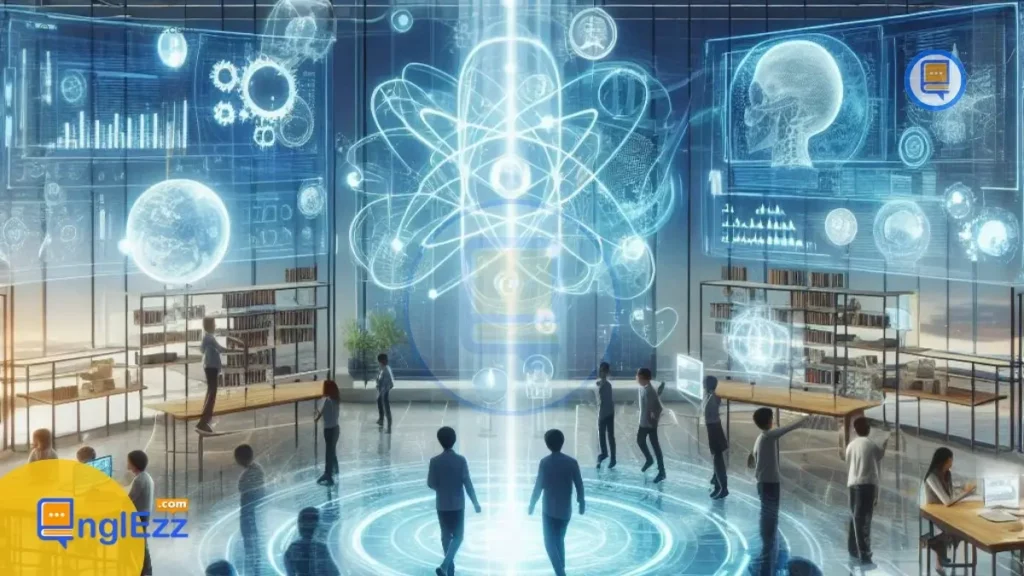
Educators worldwide are already seeing remarkable results from integrating Generative AI into their content creation workflows. By leveraging AI-powered tools to automate tasks such as generating practice quizzes, creating interactive presentations, or developing assessment modules, teachers are experiencing a significant boost in productivity. These success stories highlight how Generative AI is not just a technological novelty but a practical solution that empowers educators to deliver engaging and dynamic educational experiences while maximizing their efficiency in creating impactful learning resources.
Interactive Learning Experiences: The Future of Educational Content with Generative AI
Interactive learning experiences have taken a significant leap forward with the integration of Generative AI in educational content. By leveraging this technology, educators can offer students engaging and immersive learning opportunities that go beyond traditional methods. Generative AI facilitates the creation of virtual simulations and augmented reality applications that bring abstract concepts to life, making learning more interactive and impactful. For instance, in science classes, students can virtually explore complex biological processes or conduct chemistry experiments in a safe digital environment, enhancing their understanding through hands-on experiences.
One key advantage of using Generative AI for interactive learning is its ability to cater to diverse learning styles. By providing dynamic and personalized experiences, students are more likely to stay motivated and retain information effectively. Furthermore, these AI-driven tools promote collaboration among students by encouraging active participation and teamwork. For example, collaborative problem-solving activities within virtual environments enable students to work together on challenging tasks, fostering critical thinking skills and peer-to-peer learning interactions.
The collaborative nature of AI-powered tools not only encourages student engagement but also empowers educators to design innovative teaching strategies. With Generative AI supporting interactive learning experiences, teachers can adapt their lesson plans to suit individual student needs while fostering a supportive classroom environment. By embracing this transformative approach to education, institutions can create an inclusive space where every learner has the opportunity to explore complex concepts through experiential activities that ignite curiosity and drive discovery.
Language Translation & Accessibility
Generative AI has revolutionized language barriers in education by providing real-time translation services for diverse learners. Imagine a classroom where students from different linguistic backgrounds can seamlessly engage with educational content in their native languages. AI-powered translation tools, like Google Translate or Microsoft Translator, enable instant conversion of text, audio, or even live conversations into multiple languages, making learning more accessible and inclusive. This technology not only benefits students but also assists teachers in delivering lectures and instructions effectively to a linguistically diverse audience.
In addition to language translation, AI tools offer accessibility features that cater to students with varying learning needs. Text-to-speech functionality helps individuals with visual impairments by converting written content into spoken words, enhancing their comprehension and engagement with the material. On the other hand, speech-to-text conversions assist students who may struggle with writing tasks due to disabilities or language challenges. These features empower learners by providing alternative ways to interact with educational resources, promoting a more personalized and inclusive learning environment.

The inclusive nature of AI-generated content goes beyond mere translations; it breaks down communication barriers and fosters connection among students regardless of their language proficiencies. By leveraging Generative AI for language translation and accessibility support, educational institutions can create an environment where all learners feel valued and empowered to participate actively in the learning process. As technology continues to advance in this realm, the potential for enhancing educational equity and inclusivity through AI-driven solutions becomes increasingly promising.
Data Analytics for Personalized Feedback
Generative AI is not only reshaping educational content but also revolutionizing the way educators provide personalized feedback to students. By harnessing the power of AI algorithms, teachers can analyze vast amounts of student performance data efficiently. These analytical tools delve deep into individual learning patterns, allowing educators to tailor feedback that addresses specific strengths and weaknesses. For example, a math teacher utilizing Generative AI software may receive insights highlighting which concepts resonate with certain students and where they struggle the most, enabling targeted feedback that nurtures overall academic growth.
Predictive analytics models fueled by Generative AI take student feedback a step further by identifying subtle learning gaps that might evade traditional assessment methods. These models can forecast future challenges students may face based on their current performance trends, guiding educators to proactively intervene with appropriate interventions. Imagine an English teacher using AI-generated insights to predict areas where students are likely to falter in essay writing, providing timely support and resources to prevent potential setbacks before they occur.
Educators leverage data insights extracted from Generative AI systems not only for individualized student feedback but also to optimize their teaching strategies on a broader scale. By tracking progress metrics across classrooms or entire institutions, teachers can identify trends in learning outcomes and refine their instructional approaches accordingly.
This data-driven approach ensures continuous improvement in teaching methodologies, fostering an environment of adaptive and effective education that caters to diverse student needs while maximizing overall academic success rates. Ultimately, Generative AI empowers educators with actionable data intelligence to personalize feedback, pinpoint learning gaps, and elevate teaching practices for enhanced student learning experiences.
Ethical considerations with Generative AI
Ethical considerations play a crucial role in the integration of Generative AI within educational settings. As educators and EdTech professionals harness the power of AI to enhance learning experiences, it is essential to address concerns surrounding data privacy, algorithm bias, and the responsible use of AI-generated content. Ensuring that student data is protected and used ethically is paramount in building trust with all stakeholders involved in the educational ecosystem. Furthermore, recognizing and mitigating algorithm biases that may inadvertently perpetuate inequalities in education is a significant ethical challenge that must be proactively addressed.
In navigating the ethical landscape of AI in education, transparency, fairness, and accountability emerge as key principles for guiding decision-making processes. Educators and developers need to be transparent about how AI technologies are utilized in curriculum development, assessment practices, and personalized learning experiences. By fostering transparency, educational institutions can build understanding around the benefits and limitations of AI tools, ultimately promoting trust and collaboration among students, parents, teachers, and policymakers. Additionally, ensuring fairness in deploying AI algorithms requires continuous monitoring for biases and implementing mechanisms to rectify any disparities that may arise.
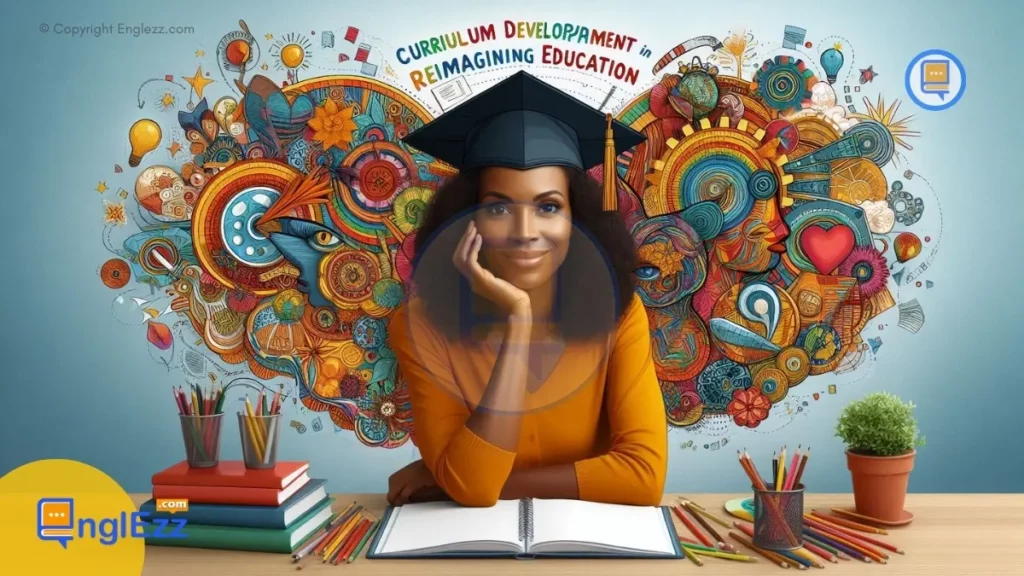
To uphold accountability in the realm of educational AI, implementing clear guidelines for responsible data usage and content creation becomes imperative. Educators should be equipped with training on ethical considerations related to AI implementation to make informed decisions aligned with best practices. Moreover, establishing frameworks for reviewing and auditing AI systems can aid in identifying potential risks early on and proactively addressing ethical dilemmas that may arise.
By prioritizing transparency, fairness, and accountability within educational AI initiatives, stakeholders can collectively create an ethical foundation that fosters innovation while safeguarding against unintended consequences.
Future Prospects: Pioneering Innovations in Educational Technology with Generative AI
As we stand at the threshold of a new era in education, fueled by the transformative power of Generative AI, the possibilities for innovation are boundless. The future holds a landscape where collaborative platforms seamlessly integrate human expertise with machine intelligence to craft unparalleled learning experiences. These platforms will not only revolutionize content creation but also redefine how knowledge is imparted and acquired. Imagine simulations that transport students into historical events, personalized lessons tailored to individual learning styles, and feedback mechanisms that predict student needs before they arise.
Envisioning this future, it becomes apparent that Generative AI is not just a tool but a catalyst for educational metamorphosis. Through this amalgamation of human creativity and artificial intelligence, educators, students, parents, and EdTech professionals can pave the way for a more dynamic and inclusive educational environment.
By embracing these forthcoming advancements and championing the synergy between man and machine, we embark on a journey where learning transcends boundaries and empowers individuals to thrive in an ever-evolving world. With Generative AI as our beacon, we boldly march towards an educational landscape where innovation flourishes and lifelong learning knows no bounds.

